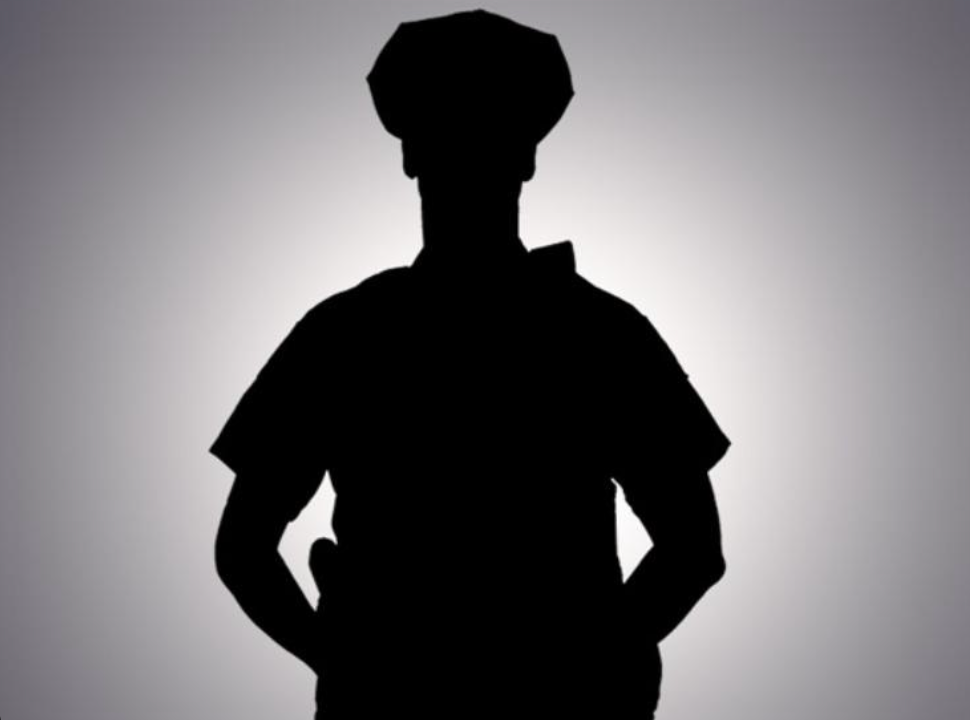I'm Not Afraid Of Cops

A cop’s flashlight shined in my wincing eyes as I was questioned about my sobriety, about guns and drugs in the car. A police dog sniffed around the passenger door of my Mercury Sable. Chatter on the police radio was the night’s only sound. It was two in the morning. I was not afraid.
I was 20 and on my way home from my girlfriend’s house. It was a fifteen-mile drive, mostly through a wooded area with treacherous curves and – in the wee hours of the morning – flashing red lights at every intersection. I had failed to stop at one such light, breezing through it after a glance at the dead empty oncoming intersection. Not three seconds passed before red and blue police lights lit up the night and my legs turned to jelly at the prospect of a costly ticket. But I was not afraid.
The cop, a lean white man with an angular face, grilled me while checking my pupils for signs of drunkenness. I had had nothing to drink, had consumed no drugs, and had no weapons in my 2001 Sable. Again and again, the cop asked me how much I had had to drink that night. I told him I was sober, which wasn’t the answer he sought. His big ugly dog roamed around my car.